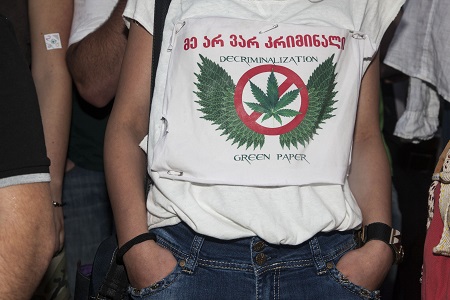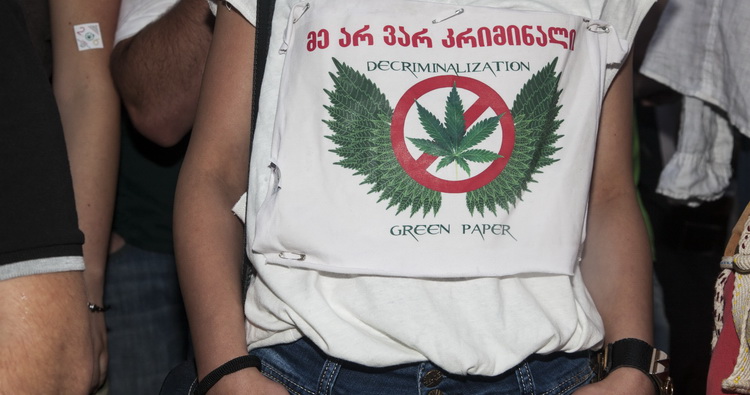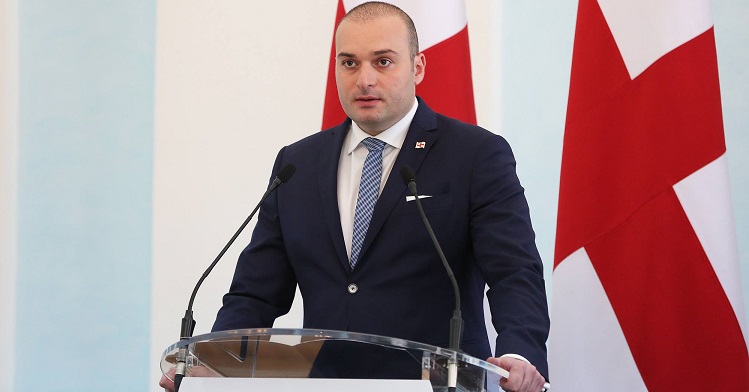Georgia looks to relax controversial marijuana laws

Georgia’s Health Minister is promising a major overhaul of the country’s drug laws after admitting current rules are too strict against users of marijuana and other soft drugs, and too lenient against prescription medicines.
Minister David Sergeenko said the state had an "inappropriately strict” approach against soft drugs and said radical action would no longer be taken against cannabis users.
The Health Minister said the Government was working to amend the current drug laws and would soon present its renewed Drug Strategy.
While some rules were too harsh, Sergeenko said laws against the availability and access of psychotropic drugs from pharmacies were "too lenient”. He said the approach to the Prescription Drug Addiction was "absurdly liberal” and also needed to be changed.
Sergeenko explained drug policies typically covered three areas; fighting against so-called soft drugs like cannabis, fighting against prescription drug addictions, and treating and rehabilitating people with addictions.
"There was an inadequately strict approach to light drugs while the approach to prescription drugs was absurdly liberal,” the Minister said.
He added the Government’s new strategy would create a harmonic and logical approach to all three directions of the new drug policy.
Sergeenko said work to update the document would be completed in about a month.
In the past the Government has been openly criticized for imposing harsh penalties on cannabis users.
Current legislation does not differentiate between possession of cannabis for personal use or possession of cannabis for sale and distribution. Under the current law, if a person is caught with marijuana on their possession, that person could be sentenced up to 11 years imprisonment.
Those who considered the current regulations were unfair stressed that under the same Criminal Code, other kind of crimes deemed to be "more severe than smoking weed" were less punished. For example, committing intended murder on grounds of anxiety could result in a one to three year jail term and committing rape had a sentence of four to six years imprisonment.
While referring to these points, protesters demanded the marijuana laws needed to be revised.
 Tweet
Tweet  Share
Share





